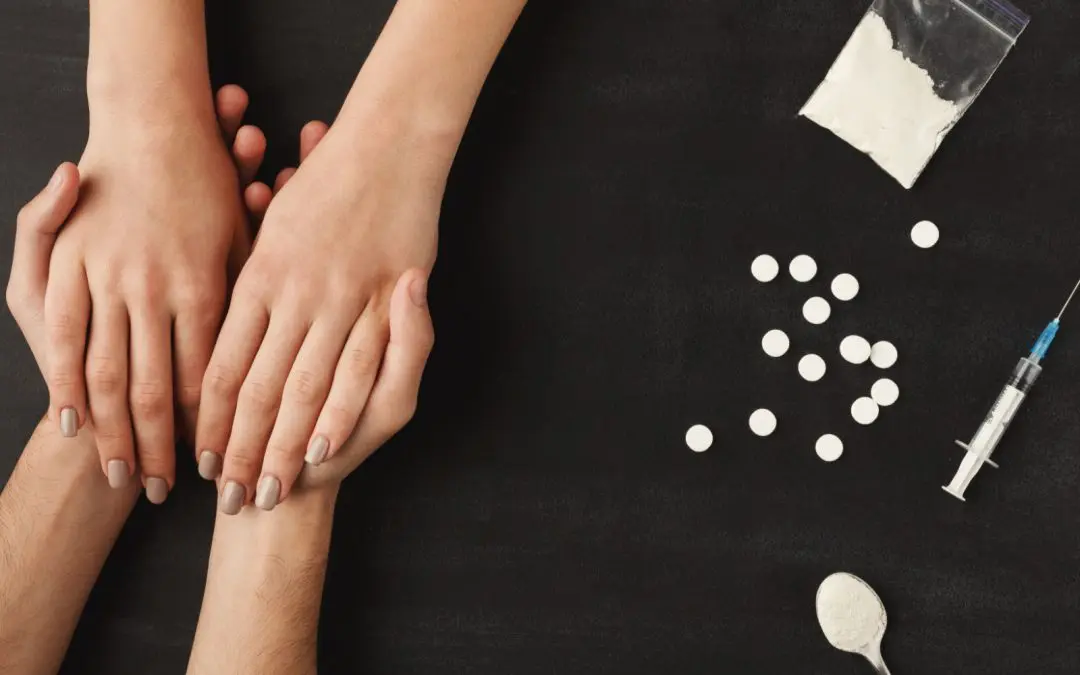24/7 Helpline:
(866) 899-221924/7 Helpline:
(866) 899-2219
Learn more about Substance Abuse Treatment centers in Lake County

Other Insurance Options

Choice Care Network

State Farm

Self-pay options

UMR

Highmark

Health Net

American Behavioral

ComPsych

Oxford

Health Partners

Covered California

Molina Healthcare

CareFirst

Providence

Holman Group

WellPoint

Group Health Incorporated

Access to Recovery (ATR) Voucher

BlueShield

Sliding scale payment assistance





































































Lake County Mental Health Department
Lake County Mental Health Department is a public rehab located in Christmas Valley, Oregon. Lake Cou...














